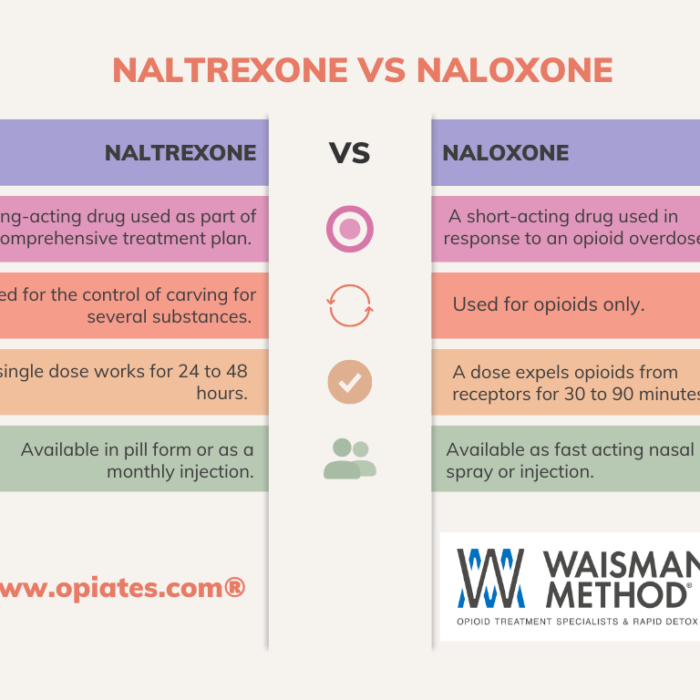Approximately 1 in 50 adults suffer from fibromyalgia, according to the Centers for Disease Control and Prevention. This means that 3.4% of women and 0.5% of men — 5 million Americans in total — are dealing with this disorder. As a disorder that causes chronic pain, fibromyalgia causes many people to seek pain relief using prescription painkillers. Unfortunately, this has led to an increase in the incidence of fibromyalgia and drug abuse. Finding safe, effective treatments for opioid abuse among fibromyalgia patients must be a high priority for treatment providers.
Call us for a Private Consultation for Treatment Options 310-205-0808
What Is Fibromyalgia?
Fibromyalgia is characterized by widespread pain and chronic fatigue. Common symptoms of fibromyalgia include:
- Tingling in the extremities
- Headaches, including migraines
- Widespread muscle aches and pains
- Sleep disturbance
- Chronic feels of tiredness or fatigue, even after getting a full night of sleep
- Irritable bowel syndrome
- Painful menstrual periods
- Difficulty thinking clearly or remembering information (often called “fibro fog”)
- Sensitivity to odors, bright lights, or certain foods
These symptoms can be extraordinarily disruptive to everyday life. Many patients suffering from fibromyalgia find themselves having difficulty working, exercising, or performing regular everyday activities.
Unfortunately, doctors do not know the exact causes of fibromyalgia. The condition seems to co-occur with certain immune system problems, such as lupus or rheumatoid arthritis. Researchers continue to investigate the underlying causes of fibromyalgia to help patients get pain relief.
The Connection between Fibromyalgia and Drug Abuse
Current guidelines for treatment of fibromyalgia include the use of non-steroidal anti-inflammatory drugs (NSAIDs, such as aspirin or ibuprofen). These drugs are not habit-forming, making them appropriate for longer term use.
Because of the severe pain associated with fibromyalgia, some people are prescribed prescription opiates. Others seek to use these drugs without the approval of their doctors. Use of prescription drugs to treat fibromyalgia symptoms appears to be higher in patients with more severe pain, those with mood or anxiety problems, and people with more severe impairments in everyday functioning.
Prescription painkillers can be an effective way to alleviate fibromyalgia pain. However, they have a much higher addictive potential than over-the-counter painkillers. Chronic use of prescription opiates to manage pain is not recommended because of their potential for abuse. Sadly, many fibromyalgia patients who use prescription opiates for pain management end up developing problems with both fibromyalgia and drug abuse.Exceptional Care & Better Outcome. Get In Touch With Us Today!
A Safe, Effective Treatment Approach for Fibromyalgia and Opioid Abuse
At the Waismann Method Center, we see many fibromyalgia patients seeking help for their opiate dependence and addiction problems. When we first admit our patients to the hospital for opiate detox, we perform a thorough medical assessment that includes investigation of fibromyalgia symptoms. This allows us to create a treatment plan that accounts for each person’s unique needs and medical problems. We use that information to guide the detox process as well as post-detox care.
Another important avenue for treatment is helping patients find alternative pain management strategies. At the exclusive Domus Retreat, our post-detox care facility, we offer acupuncture, meditation classes, professional massage, yoga courses, and other ways to manage chronic pain. Furthermore, our staff provide gourmet meals designed for your individual dietary needs, including food to alleviate gastrointestinal issues.
For many people with fibromyalgia and drug abuse, this post-detox care can be life-changing. Finding alternative strategies for managing fibromyalgia pain helps clients achieve a sense of mastery over their symptoms. These strategies can be continued in everyday life, decreasing the likelihood that a person will return to prescription opioid abuse.
If you or a loved one suffers from fibromyalgia and drug abuse, contact us today to learn how our personalized treatment programs can help.
Source
Fibromyalgia. Center for Disease Control and Prevention. Retrieved on September 22, 2015.
Fibromyalgia and Drug Abuse. News Medical. Retrieved on September 22, 2015.
















